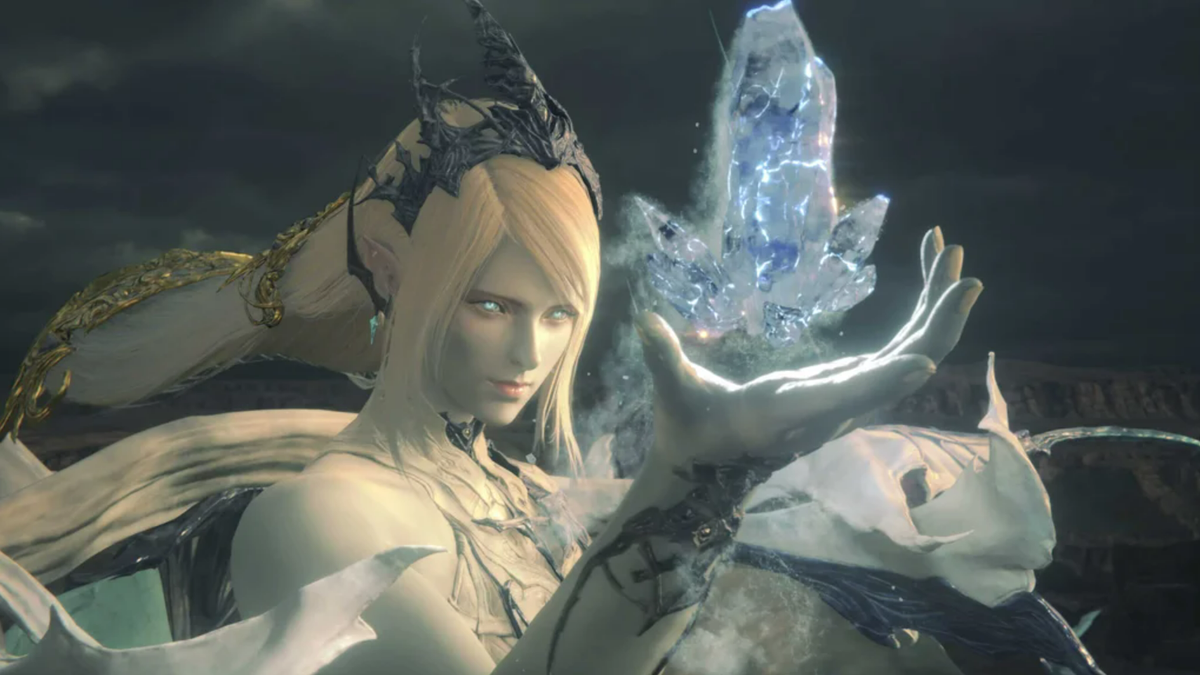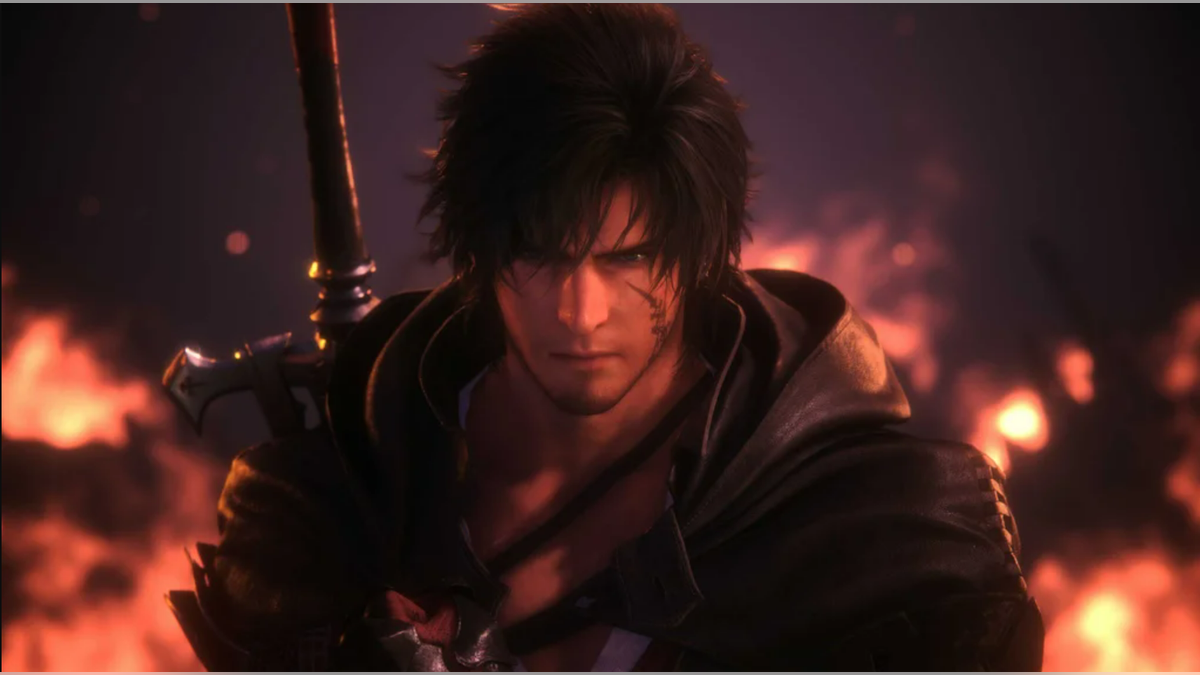The recently released Final Fantasy XVI, a highly anticipated return to the series' fantasy roots, has sparked controversy over its portrayal of diversity. Despite positive reviews praising its gameplay and storyline, critics have taken issue with the game's predominantly white cast, citing a lack of representation.

A player enjoys Final Fantasy XVI at a PlayStation pop-up store in Seoul. (ANTHONY WALLACE/AFP via Getty Images)
Gaming review site Kotaku, while acknowledging the game's strengths, questioned the homogeneity of the characters, particularly given the fantastical elements of the game's world. The review argued that a world with magic and fantastical creatures should not be bound by real-world racial expectations tied to a European-inspired setting.

A screenshot from the official Final Fantasy XVI website.
Eurogamer echoed these concerns, criticizing the game's "ethnic homogeneity" and pointing out that even areas inspired by North African and Middle Eastern cultures are primarily populated by white characters. The review highlighted the disconnect between the game's themes of overcoming injustice and unity and its lack of diverse representation.

Another screenshot from the official Final Fantasy XVI website.
The game's creators have defended their creative choices, emphasizing the focus on diverse personalities within a specific, isolated region inspired by medieval Europe. Producer Naoki Yoshida explained that over-incorporating ethnic diversity into this particular setting could disrupt the narrative boundaries they established. He stressed the importance of focusing on the characters' inner qualities and motivations rather than their outward appearances.

A screenshot from Final Fantasy XVI.
The game's art director, Hiroshi Minagawa, also noted the influence of Western fantasy works like Lord of the Rings and Game of Thrones on the game's art style, explaining that they looked to these sources for inspiration to create a specific Western aesthetic.








